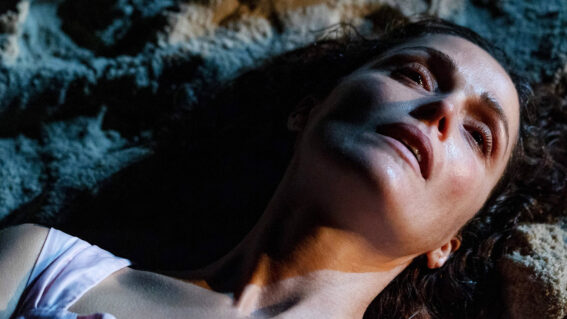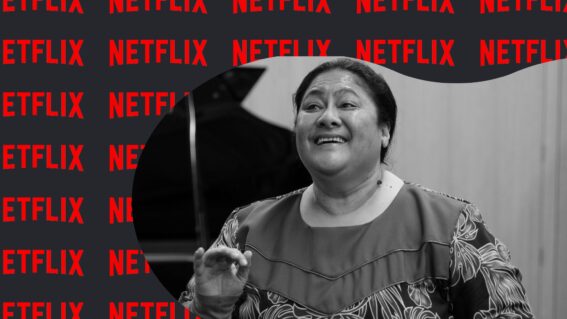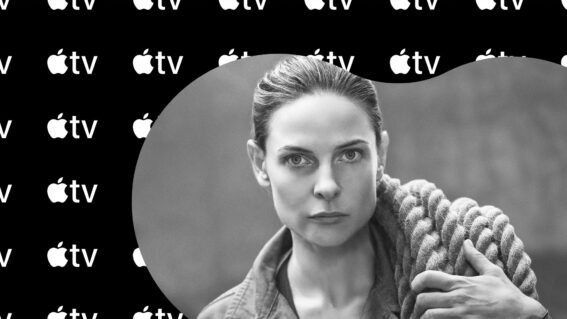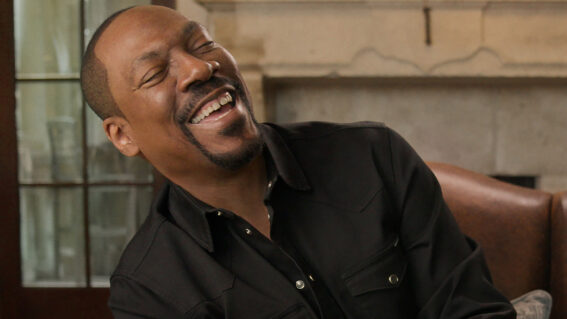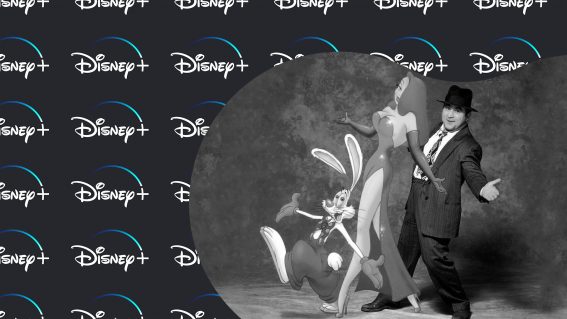Doctor Sleep and the rise of “The Respectful Sequel”
Dominic Corry explores Hollywood’s new approach to (certain) sequels.

The impending release of Stephen King’s Doctor Sleep (in cinemas November 7) gets Dominic Corry musing on a specific type of sequel that’s been recently emerging (see also: Terminator: Dark Fate).
Hollywood has long loved a sequel, but amidst all the reboots and re-imaginings currently plaguing cinema, a new type of sequel is emerging. It’s the kind of sequel that wants to be seen as more than simply another numbered entry in a series. Let’s call it: The Respectful Sequel.
These are films that are conscious of the eye-roll that often accompanies the word “sequel”, and are taking steps to elevate themselves, or at the very least their perception, beyond the level of expectation that the word generally evokes. Beyond the notion that the film is merely a cash-grab lacking a strong narrative imperative.
There are several methods being employed to achieve this, and one involves the participation and/or blessing of the property’s original creative talent.
You don’t have to be Warner Bros. executive staring down a balance sheet to get excited about the prospect of a sequel to Stanley Kubrick’s iconic 1980 adaption of Stephen King’s 1977 novel The Shining. Considered by many to be the greatest horror film ever made [or the 2nd best, in last year’s poll of Flicks readers], the film’s place in the cultural canon was recently reflected by its presence in Steven Spielberg’s 2018 nostalgia-fest Ready Player One, in which the film’s main characters “entered” the 1980 film.
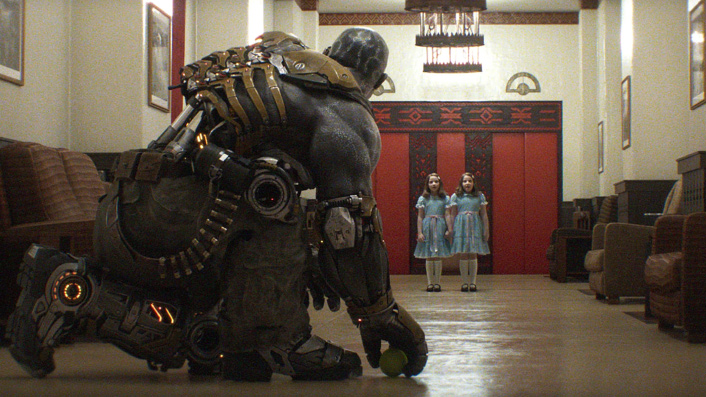
A key clue in Ready Player One referenced the fact that King was famously displeased with Kubrick’s adaptation, despite pretty much everyone else loving it.
That displeasure created a mild issue when King eventually published a sequel to The Shining in 2013, titled Doctor Sleep. Quite reasonably a follow-up to his own book, and not the movie, a film adaptation of Doctor Sleep was going to have its work cut out for it ignoring Kubrick’s film and its considerable legacy.
As the trailer for Stephen King’s Doctor Sleep shows, the film is doing everything it can to promote a connection to Kubrick’s film. Advance publicity revealed that King’s blessing had been sought, and granted, to align the film of Doctor Sleep with (the most famous) adaptation of The Shining, allowing this Respectful Sequel to benefit both from King’s storytelling prowess (currently experiencing a cinematic boom), and an association with one of the most beloved horror films of all time.
Terminator: Dark Fate is another new Respectful Sequel that brought in the property’s original creator, but in this case, the move was perhaps necessary to help set the film apart from the franchise-diminishing sequels that have stunk up the property.
James Cameron—who co-wrote The Terminator with Gale Anne Hurd, co-wrote Terminator 2: Judgment Day with William Wisher, and directed both films—has a story credit on the new film, which also stands as a prime example of another method employed by Respectful Sequels: selective amnesia.
Dark Fate ignores the last three Terminator films and positions itself as a direct sequel to T2, from which it takes considerable aesthetic and plot inspiration.
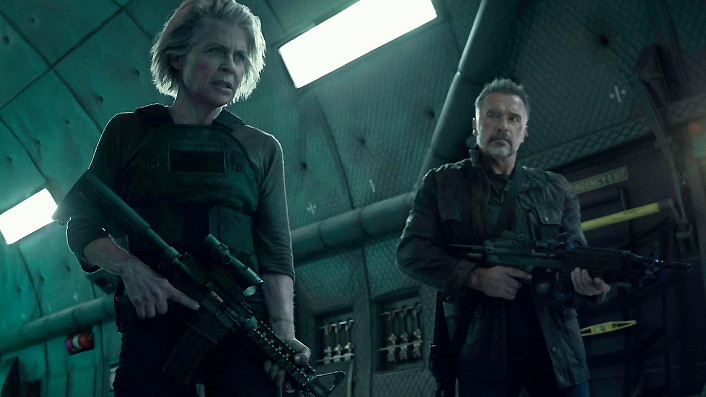
This method of ignoring crappy sequels isn’t new, but it’s playing a key role in more and more big studio movies that hope to both appease fans (never more vocal) and benefit from expensive intellectual property.
Last year’s Halloween was the second film in that franchise to position itself as a “true” sequel, following 1998’s Halloween: H20. Even more so than that movie, David Gordon Green and Danny McBride’s new Halloween sought to respectfully sequelise John Carpenter’s iconic 1978 original. They even brought in Carpenter to do some of the music.
It’ll be extremely interesting to see how the recently announced fourth Matrix movie tackles the issue of the widely-derided second and third movies. Original trilogy co-writer/co-director Lana Wachowski is writing directing the new movie, so it’s difficult to picture them ignoring the sequels, but we wouldn’t be surprised if the new film features some mild-retconning.
Rights issues that are soon to plague many major franchises are currently hindering progress on a new Friday the 13th movie, but once those are sorted out, it’s almost impossible to picture them not going down the 2018 Halloween route for a new film.
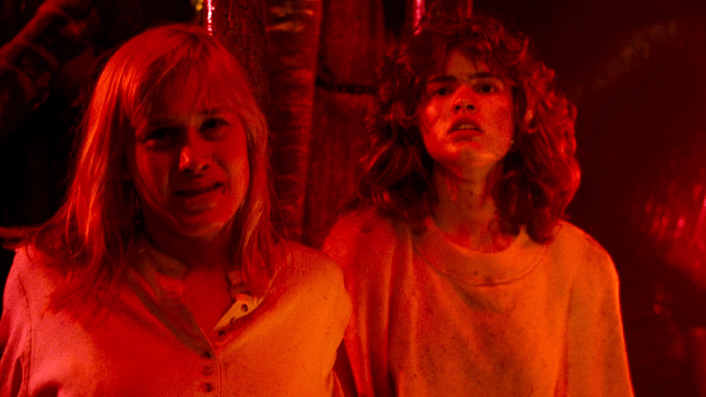
Ditto for any prospective new entries in the A Nightmare On Elm Street series, although a great course of action here would be to do a direct sequel to 1987’s well-regarded A Nightmare on Elm Street 3: Dream Warriors. Whatever the case, both the Nightmare and Friday franchises could very much stand to ignore their respective reboots, which sucked.
As with many aspects of the film industry, the old rules about sequels no longer apply. And, at least in the cases cited here, that’s a good thing.










